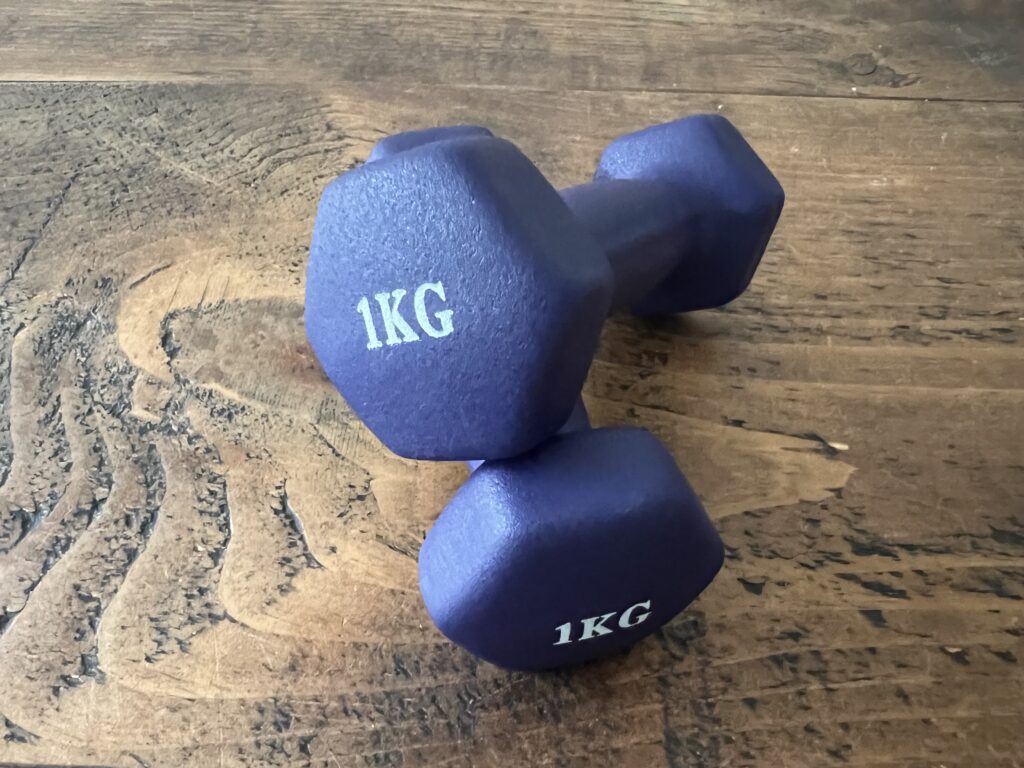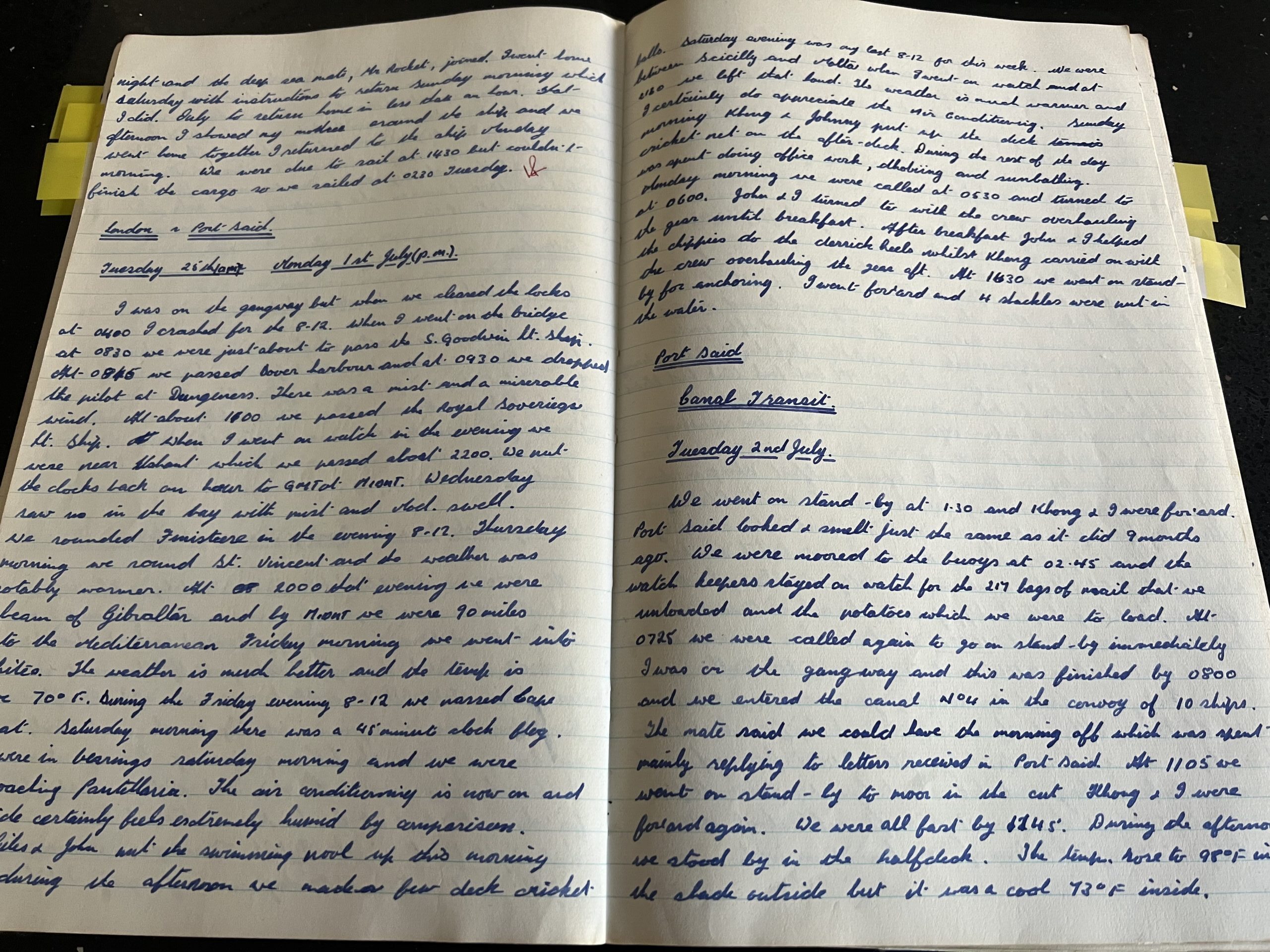3 months of no writing and I cannot blame procrastination for a change
Just a few days after my birthday in February this year I had an unexpected turn when Parsonage-Turner Syndrome (PTS), a nerve disorder, stopped me in my tracks. In this blog post, I will share my personal experience of how PTS has disrupted my ability to lift things, site or stand comfortably, stopped my writing and the challenges I face while grappling with this condition.
The Writing Dilemma:
Writing had always been a way to relax for me until PTS entered the picture. Its impact extended beyond physical limitations and affected both the physical and cognitive aspects of my writing:
- Physical Limitations: The weakness and muscle wasting caused by PTS hindered my fine motor skills necessary for typing or even opening jars. Holding a pen or typing on a keyboard became arduous, leading to reduced speed and accuracy. Simple tasks like gripping a notepad or turning pages turned into daunting challenges.
- Pain and Discomfort: The intense shoulder pain that accompanies PTS proved to be a constant distraction, making it difficult to concentrate. Although pain medication offered some temporary relief.
- Cognitive Challenges: PTS affected my cognitive functions, including memory, focus, and concentration – essential aspects of the writing process. Writing demands mental clarity, creativity, and the ability to organize thoughts effectively. The cognitive impairments resulting from PTS hindered my inspiration and disrupted the flow of ideas. I basically stopped doing anything that required even a little bit of thought.

Coping Strategies and Support:
While PTS disrupted my ability to write, I discovered several strategies to cope with the challenges and regain my creative voice:
- Physical Therapy: I was given a number of exercises tailored to improve muscle strength and coordination which played a crucial role in my recovery. Focusing on exercises that targeted my shoulders, hands, and arms gradually restored my motor function. I started at a immense 1kg!
- Adaptive Tools: Exploring adaptive writing tools, such as ergonomic pens, pencil grips, or voice-to-text software, provided some alternatives to traditional writing methods. These tools alleviated physical strain but were nowhere near perfect.
- Patience and Self-Compassion: Accepting that the writing might be slower and require more effort due to PTS was a vital step, but a hard one to achieve. Practicing self-compassion and acknowledging my limitations helped me let go of frustration.
TLDR:
Parsonage-Turner Syndrome may have disrupted my writing, but it has not diminished my passion for expressing myself through words. The physical limitations, pain, and cognitive challenges posed by PTS required me to adapt and explore new avenues for creativity. By embracing coping strategies, seeking support, and maintaining patience and self-compassion, I am gradually finding my way back to the world of writing, reclaiming my voice, and sharing my stories once again.


